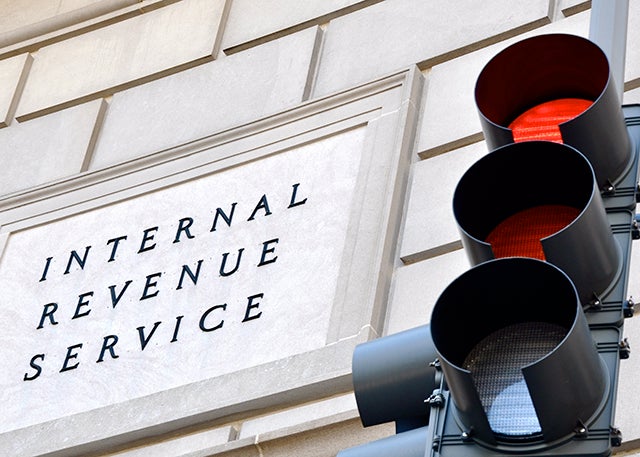House Ways and Means Committee Oversight Subcommitee chairman Charles Boustany (R–LA) announced last week that there is “new evidence uncovered by the Committee that shows the IRS’s exam function may have been used for political purposes.” The committee found that nearly one in 10 donors to conservative causes were subject to audit.
As Table 9b of the 2013 IRS Databook shows, the typical audit rate for a median-income family is 0.6 percent. Thus, tea party donors whose names were disclosed to the IRS were subjected to an audit rate 17 times higher than other Americans.
As more and more people believe that the tax system is unfair and politically rigged, compliance will decline. More importantly, even the perception of the politicization of the IRS is endangering the confidence of the American people in the fairness and legitimacy of the federal government. It is entirely inappropriate to use the coercive apparatus of the state against political opponents. Neither the tax law nor any other law should be used to suppress peaceful political speech or political organizing.
Present law reflects this understanding. Section 7217 of the Internal Revenue Code makes it a felony for high-level executive branch officials (including the President and the Vice President) to ask the IRS to conduct an audit. However, this section does not currently apply to IRS employees who conduct audits for political purposes.
Section 7214 criminalizes a number of actions by “[a]ny officer or employee of the United States acting in connection with any revenue law of the United States” including “extortion or willful oppression under color of law.” Evidence strongly suggests that officials at the IRS were trying to “willfully oppress” conservative organizations and their donors for political purposes under color of law. But given the linking of “oppression” with “extortion” in the statutory language, it is not clear that this provision would be held applicable in the case of politically motivated audits or other enforcement action.
Finally, section 7213A makes it a crime “willfully to inspect, except as authorized in this title, any return or return information.” Nowhere does it authorize inspecting return or return information for political purposes whether in connection with an audit or otherwise. In fact, section 7605(b) prohibits “unnecessary examination or investigations.” Thus, read together, these two provisions plausibly prohibit politically motivated audits by IRS officials.
The law, however, should be crystal clear that politically motivated IRS enforcement actions are subject to criminal sanctions no matter who requests or authorizes them. It is not. Congress should broaden section 7214 to cover IRS officials or employees who abuse their position, because politically motivated IRS enforcement action is equally inappropriate whether the official involved in instigating it works for the White House or the IRS.
Many thought that, after Nixon-era abuses, this sort of behavior by the executive branch was a thing of the past. It is not. The American people do not want a tax agency that goes after people based on their political opinions. It is time that the IRS be permanently depoliticized.
